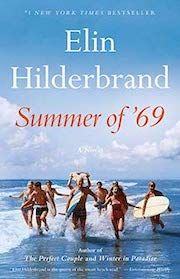- Messages
- 17,455
- Location
- New York City
Sold. Since your film review I have considered both flick and its lit-to-script. Stocking up for cold winter
reading, and, I'll toss out another must read turf tome: Not By A Long Shot by T.D. Thornton.
Thornton penned a fantastic look at the late great Suffolk Downs in East Boston, a blue collar oval
sold for real estate development. A storied history and pedigree that feature Runyonesque characters
who are the smallfry unnoticed and unappreciated in the race biz, with a close focus look at the hard
and harsh economics underneath it all.
As you know The Queen's Plate; Pacific Classic and other thoroughbred big races ran this weekend.
A big bucks track weekender all preceded by a lousy week at work. A pro has to know when to push his
chair away from the card table or track for whatever reasons and sit out some playable action.
Mind not on the game but there is always another day.

Thank you for the recommendation - just order a "very good" condition "Not By A Long Shot" copy for $4.69 tax and shipping included.



